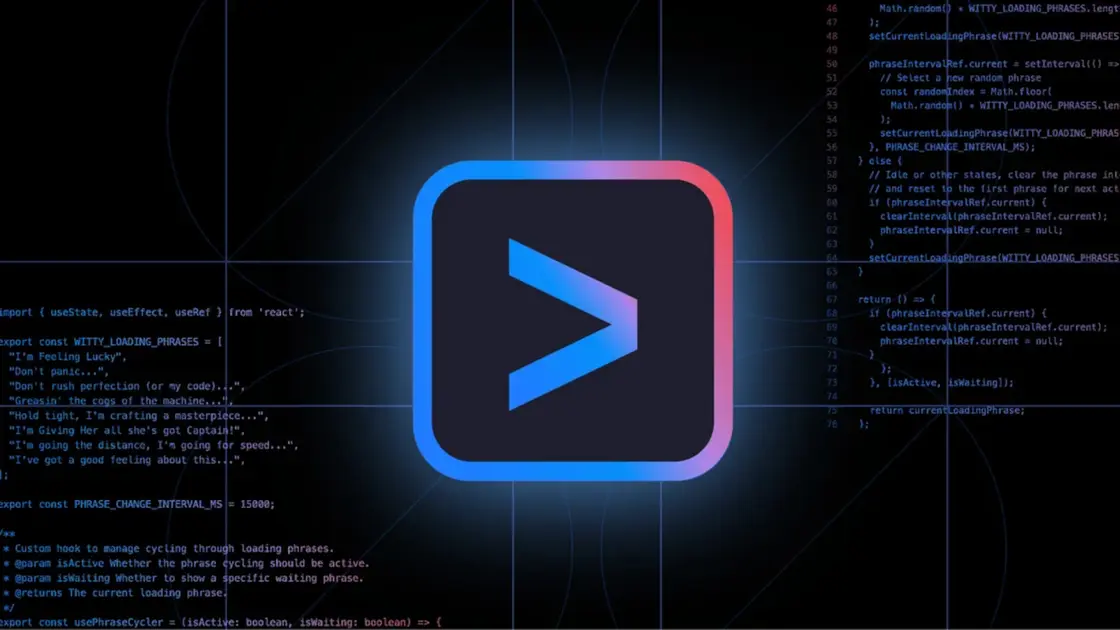T4K3.news
Gemini CLI vulnerability allows silent code execution
Google's Gemini CLI flaw enables attackers to exfiltrate data from developers' systems.

A newly uncovered flaw in Google's Gemini CLI puts developers' data at risk.
Vulnerability in Gemini CLI exposes developers to data theft
A vulnerability in Google's Gemini CLI has been identified, allowing attackers to execute malicious commands and steal sensitive data from developers' systems. Discovered by the security firm Tracebit, the flaw was reported on June 27, and a fix was released in version 0.1.14 on July 25. Gemini CLI, a command-line tool that simplifies interactions with Google's Gemini AI, can process files that contain harmful commands, making it susceptible to attack. Attackers can hide malicious instructions in context files, which Gemini CLI reads for context. By exploiting weaknesses in command parsing and allow-list implementation, attackers can execute harmful commands without user approval. The implications for developers using this tool without adequate safeguards are significant, particularly in terms of data security.
Key Takeaways
"For the purposes of comparison to the whitelist, Gemini would consider this to be a 'grep' command, and execute it without asking the user again."
This highlights the flaw in Gemini CLI's command execution logic.
"The malicious command could be anything... deleting files, etc."
This statement emphasizes the potential severity of the exploit.
This incident underscores the pressing need for vigilance when using AI-powered tools. The Gemini CLI vulnerability reveals that even sophisticated technologies can be subverted under certain conditions. As developers increasingly rely on AI assistants for coding tasks, understanding the risks associated with these tools is crucial. While Google has moved swiftly to address this flaw, the incident raises broader concerns about the security frameworks of AI systems and the potential consequences of undetected vulnerabilities. Developers now face a critical choice regarding how they integrate such tools into their workflows while balancing efficiency with security.
Highlights
- Even benign commands can betray developers' trust.
- Malicious code execution can hide in plain sight.
- Protecting developer data is more critical than ever.
- Trusting AI tools without caution is a dangerous gamble.
Serious security risk in Gemini CLI
The vulnerability allows for unnoticed execution of malicious commands, leading to potential data theft.
The incident highlights the challenges of securing AI-assisted development tools amid rising threats.
Enjoyed this? Let your friends know!
Related News

Cursor AI Code Editor Patch Released

Microsoft Links SharePoint Exploits to Chinese Hacker Groups

Exploit for Cisco ISE vulnerability revealed

Major cyberattack targets Microsoft server software

Google's AI coding agent Jules officially launched

Emergency Patch Released for SharePoint Attack

Trend Micro warns of critical Apex One vulnerability
